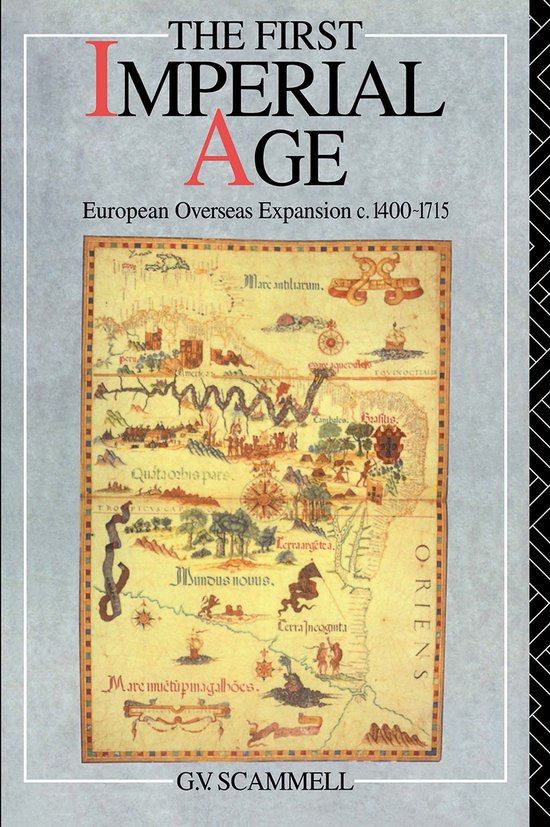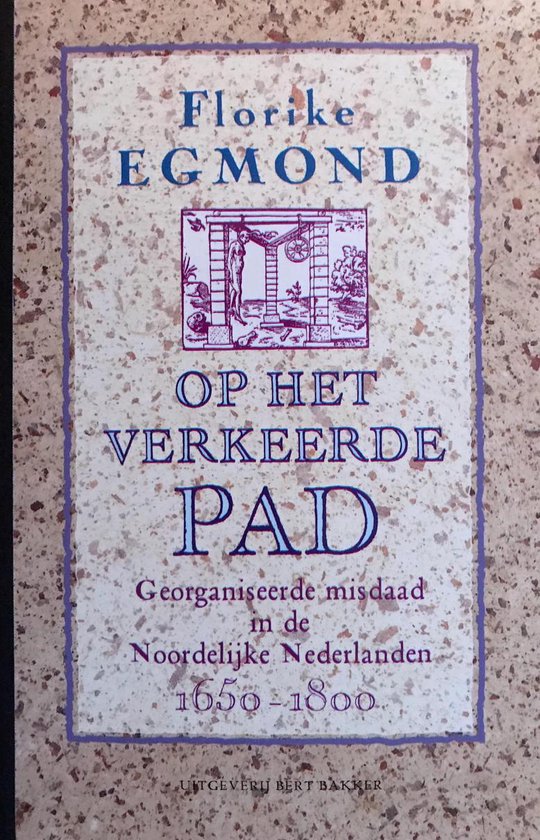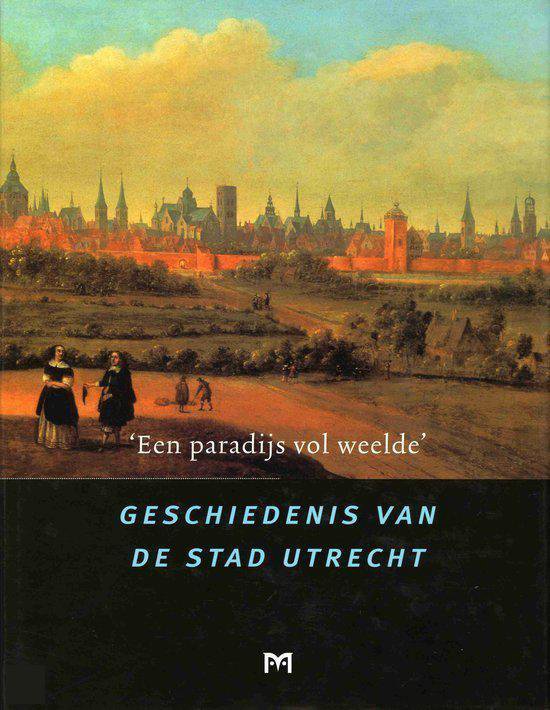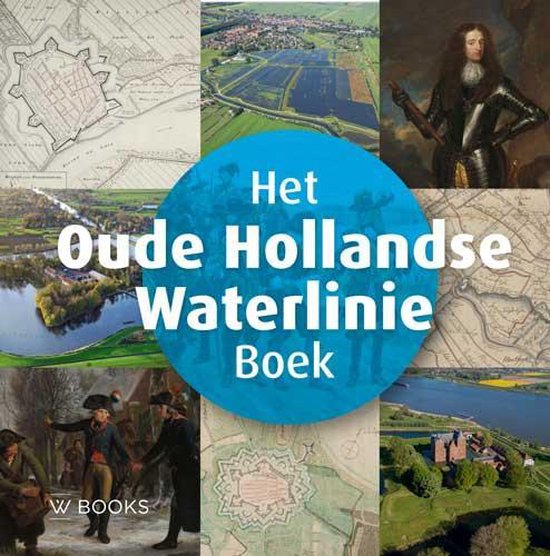
The First Imperial Age
Taking an original, thematic approach, Geoffrey Scammell demonstrates the roots and ambiguity of Europe's triumphant rise to wealth and power.
The First Imperial Age explores with subtlety and vigour the origins of Europe's rise to world hegemony in the early modern period, in a survey which brings together a huge range of Geoffrey Scammell's own and other recent research. After a slow start in the 1400s, the pace of European exploration and discovery quickened dramatically. By the end of the period, Europeans in pursuit of Asia and the opportunities encountered en route had determined the outlines of the Africa land mass, discovered and partly subjugated the Americas, opened a sea route to the Far East and established themselves in the great maritime economy of Asia. Europe became a world trader; indigenous people the world over were converted to Christianity; colonies became matters of dispute between European states, and although European knowledge of the worlds they discovered were largely confined to their coastlines, they know enought to feel thay had at last surpassed the deeds of antiquity. Geofrrey Scammell's detached and sceptical view highlights the ambiguities inherent in these triumphs: Europe rose to wealth and power at painful cost to much of the rest of the world, and set in train an enduring legacy of racial tension. The book takes an original approach to its subject. After outlining the salient features of the story, it is organised around broad themes: the reasons for Europe's expansion, how Europeaans could establish themselves in some part of the world and not others, the ways in which they exploited their new possessions; the nature of colonial societies; the influence of Europe on empire; and the nature of imperial experience.
The First Imperial Age explores with subtlety and vigour the origins of Europe's rise to world hegemony in the early modern period, in a survey which brings together a huge range of Geoffrey Scammell's own and other recent research. After a slow start in the 1400s, the pace of European exploration and discovery quickened dramatically. By the end of the period, Europeans in pursuit of Asia and the opportunities encountered en route had determined the outlines of the Africa land mass, discovered and partly subjugated the Americas, opened a sea route to the Far East and established themselves in the great maritime economy of Asia. Europe became a world trader; indigenous people the world over were converted to Christianity; colonies became matters of dispute between European states, and although European knowledge of the worlds they discovered were largely confined to their coastlines, they know enought to feel thay had at last surpassed the deeds of antiquity. Geofrrey Scammell's detached and sceptical view highlights the ambiguities inherent in these triumphs: Europe rose to wealth and power at painful cost to much of the rest of the world, and set in train an enduring legacy of racial tension. The book takes an original approach to its subject. After outlining the salient features of the story, it is organised around broad themes: the reasons for Europe's expansion, how Europeaans could establish themselves in some part of the world and not others, the ways in which they exploited their new possessions; the nature of colonial societies; the influence of Europe on empire; and the nature of imperial experience.
| Auteur | | Geoffrey V. Scammell |
| Taal | | Engels |
| Type | | Paperback |
| Categorie | | Geschiedenis |





